Since its launch in 2006, the Sahab Al-Khair initiative, launched by the Sharjah Charity Association in cooperation with Air Arabia, has been a prominent support contributing to the implementation of dozens of charitable and humanitarian projects. The envelopes placed on passenger seats have turned into bridges of goodness extending from the UAE to various continents.
Mohamed Rashid Bin Bayat, Vice Chairman of the Association’s Board, stated that over two decades, the initiative managed to collect 10.2 million AED in donations from Air Arabia travelers, explaining that these amounts were fully converted into tangible humanitarian projects implemented in more than 25 countries.
Healthcare
In healthcare, the initiative contributed to building and operating clinics in Yemen, Egypt, Bangladesh, Sri Lanka, Sudan, Turkey, and Tajikistan, with costs exceeding 5 million AED. Specialized medical campaigns were also carried out to treat heart diseases, eye conditions, and cancer screening worth 400,000 AED, in addition to purchasing modern medical devices that supported hospitals and provided treatment to hundreds of patients at a total cost exceeding 900,000 AED.
In education, the initiative completed building full schools in India, Sri Lanka, Turkey, and Egypt, alongside classrooms, training centers, and vocational institutes, costing about 2.5 million AED, which provided educational opportunities for thousands of students. It also contributed to digging dozens of surface and electric wells in India, Zimbabwe, Ethiopia, and Niger, costing nearly 700,000 AED.
Eid Clothing Distribution
Thousands of Eid clothes were distributed to orphans in more than 20 countries at a cost close to 400,000 AED, along with blankets and winter clothes distributed to those in need in areas affected by floods and severe cold, valued at nearly 300,000 AED. Urgent contributions were also made to natural disasters and humanitarian crises in Somalia, India, and Bangladesh amounting to 250,000 AED.
The initiative was not limited to health, education, water, and relief; it also included sustainable productive projects such as distributing sewing machines to poor families, transport carts and motorcycles to those in need, and supporting hospitals with modern medical devices, with a total cost exceeding 1.5 million AED.
Bin Bayat confirmed that the initiative is not just envelopes placed on passengers’ seats to collect transient donations but has turned into a pioneering humanitarian platform.



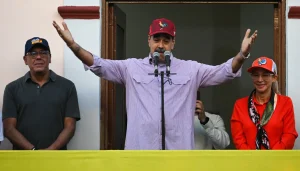

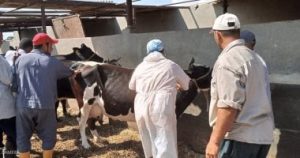
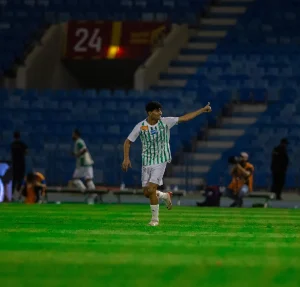
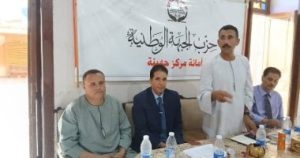
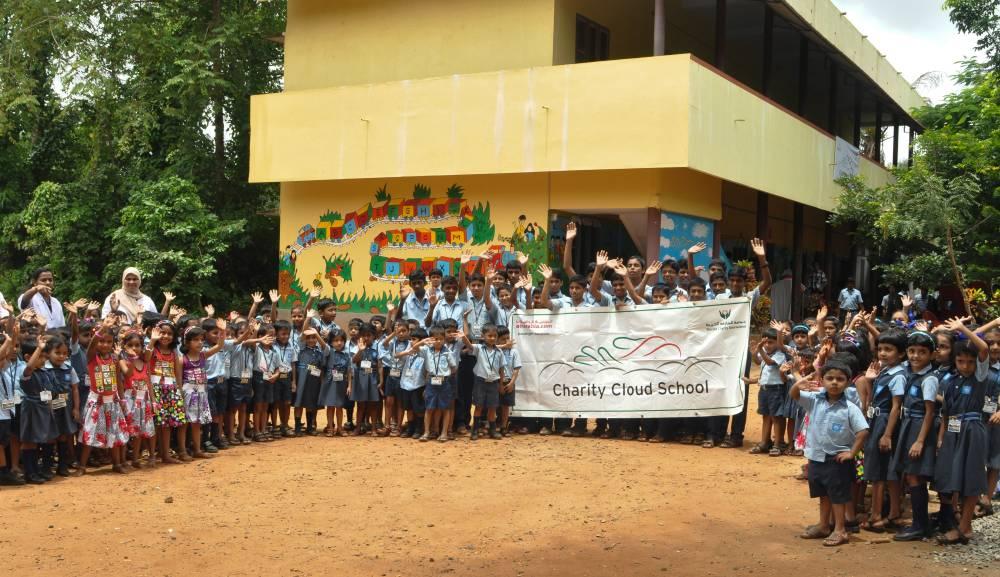




Recommended for you
Exhibition City Completes About 80% of Preparations for the Damascus International Fair Launch
Talib Al-Rifai Chronicles Kuwaiti Art Heritage in "Doukhi.. Tasaseem Al-Saba"
Unified Admission Applications Start Tuesday with 640 Students to be Accepted in Medicine
Egypt Post: We Have Over 10 Million Customers in Savings Accounts and Offer Daily, Monthly, and Annual Returns
His Highness Sheikh Isa bin Salman bin Hamad Al Khalifa Receives the United States Ambassador to the Kingdom of Bahrain
Al-Jaghbeer: The Industrial Sector Leads Economic Growth